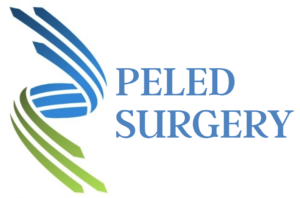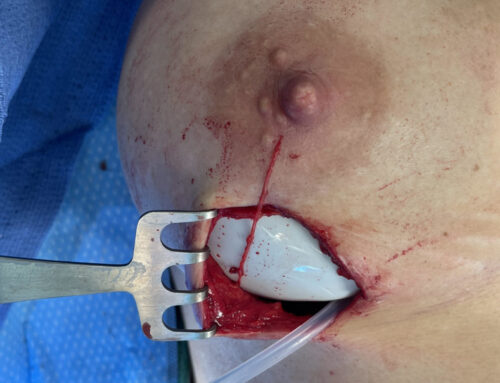- One of the first things to assess is whether your surgeon has formal and specific training in peripheral nerve surgery. Since the operations for chronic headaches/neuralgia potentially involve many nerves within the peripheral nervous system, the person performing such operations should have had focused training on the workup, evaluation, and management of patients with any number of peripheral nerve problems (chronic headaches included). Because peripheral nerve surgery is performed on all parts of the body (e.g. arms, legs, trunk, and head), your surgeon should ideally have experience and training with many of these types of nerve procedures because they provide the procedural foundation now employed in the operations designed for chronic headaches. A sample question that a patient might ask is, “What percentage of your [the surgeon’s] practice is focused on peripheral nerve surgery?” Dr. Peled has operated upon numerous patients involving many nerves in the forehead, temple and occipital regions with great success. The overwhelming majority of his practice is devoted solely to peripheral nerve surgery.
- Another important thing to ask your surgeon is how many of these specific headache procedures they have performed. In addition to the number of cases s/he has performed, the surgeon should also have experience with the wide breadth of peripheral nerves that are known to be potential causes of chronic, severe headaches. These include nerves within the forehead, temple and occipital regions as a few examples.
- Is your surgeon a member of the American Society for Peripheral Nerve (ASPN)? This society is the leading academic society for peripheral nerve surgeons. Its mission is to stimulate and encourage study and research in the field of neural regeneration, to provide a forum for the presentation of the latest research and relevant clinical information, and to serve as a unifying authority on all areas of neural regeneration and restorative neuroscience. In order to become a member, there are a number of qualifications that a surgeon must meet. For example, a candidate has to be nominated by two of their peripheral nerve surgical peers and have published at least one scholarly, peer-reviewed paper on some aspect of peripheral nerve surgery. Looking for ASPN membership can serve as an objective vetting factor in deciding between several surgeons. It also demonstrates a true commitment to the study of peripheral nerve problems and a genuine interest in advancing the field. Look for the ASPN logo on your surgeon’s website or communication forms. Dr. Peled has been a member of this Society for several years, has published and continues to publish papers about various aspects of peripheral nerve surgery. In fact, we have recently co-editor on a textbook devoted to headache and migraine surgery. Dr. Peled has also served on several ASPN committees and moderated several scientific sessions at the Annual Meeting.
- Your surgeon should also be able to provide you with references for the type of procedure(s) he or she is recommending. Not only does this give you the chance to speak with someone who has gone through what you will likely experience, it demonstrates that the surgeon has actually performed the procedure at least once before.
- Finally, you should choose a surgeon with whom you have the best rapport. This is the hardest concept to describe or discern. While there are relatively few of us who perform these operations with any frequency, realize that there still may be several qualified surgeons technically capable of performing the right operation for the correct indications. However, just like every patient is different, so too is every surgeon. Is their office staff professional and pleasant? Does the doctor answer your questions in a manner that you can understand and make you feel at ease that they understand your particular situation? Do they spend time actually listening to you and your symptoms? Are they realistic in setting your expectations for what will happen before, during and after your procedure? These factors can make the difference between simply a good outcome and a good outcome with a good experience along the way.
Find out more about treating your migraine symptoms by contacting us HERE.




